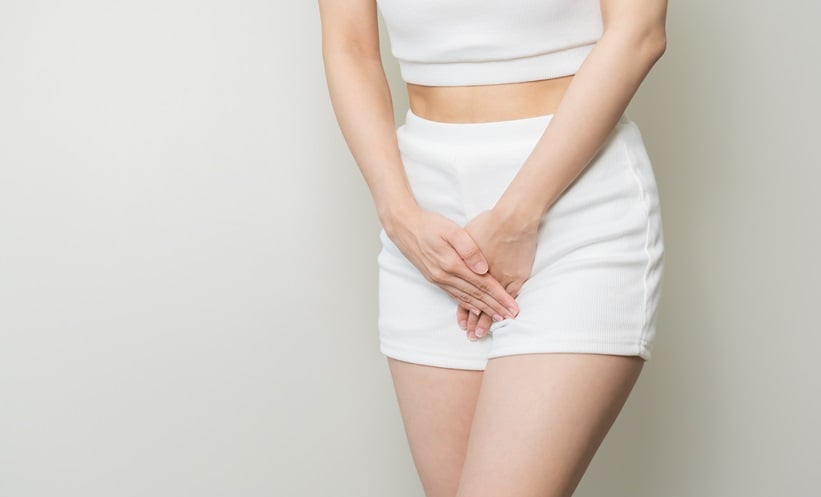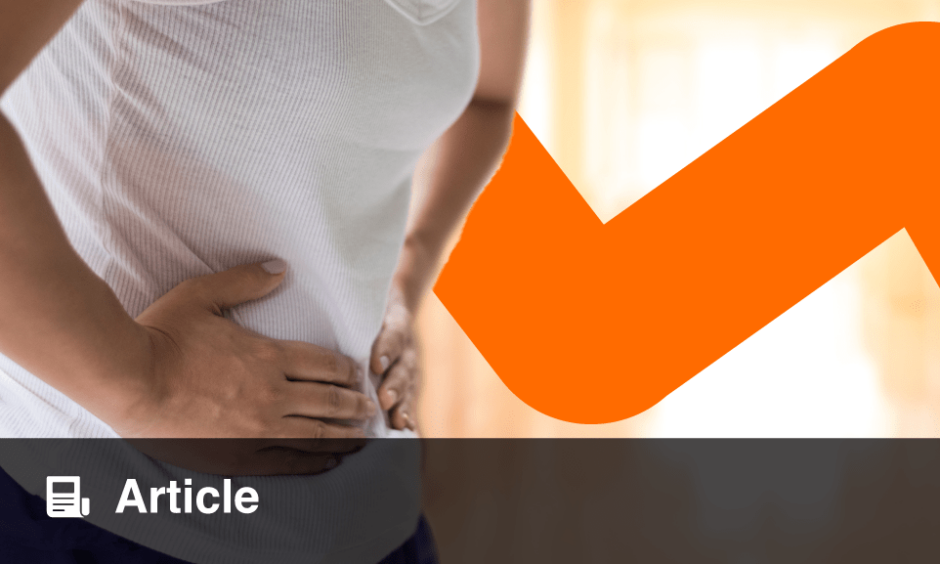ACCORDING to a study presented at the 2024 American Urological Association Annual Meeting in San Antonio, Texas, USA, there is insufficient evidence for the effective treatment of postmenopausal urinary incontinence. Treatments commonly used for this condition include oestrogens, anticholinergics, and pelvic floor muscle training. However, the variety of protocols used complicates the comparison of these treatments’ effectiveness. To address this, researchers conducted a systematic review and meta-analysis of randomised controlled trials (RCT) found through PubMed and EMBASE database searches to compare treatments for urge incontinence in postmenopausal females.
This study used random effect Mantel-Haenszel statistics to calculate odds ratios (OR) for improving urinary incontinence. The final analysis included 35 eligible RCTs, all evaluated for risk of bias. Systemic oestrogen use was associated with a reduced risk of urinary incontinence in postmenopausal females compared to placebo, with an OR of 0.74. However, local oestrogen use did not significantly improve urinary symptoms in most studies, although vaginal symptoms did improve. Vitamin D, phytoestrogens, and oestrogen modulators did not improve incontinence or other genitourinary menopause symptoms, and no contradictory results were found. One RCT showed that oxybutynin significantly improved postmenopausal urgency and urge incontinence compared to placebo.
Data showed that combining anticholinergics with local oestrogens does not improve urinary incontinence symptoms more than using anticholinergics alone. Physical therapy has generally shown improved outcomes, but this requires further validation through high-quality RCTs.
The findings highlight a lack of evidence for effective postmenopausal urinary incontinence treatments. Researchers recommend conducting well-designed, large studies with primary endpoints focused on both subjective and objective improvements to address this research gap.
Reference
Gherabi N et al. Treatment of urge incontinence in postmenopausal women: a systematic review. J Urol. 2024;211(5S):e389.








